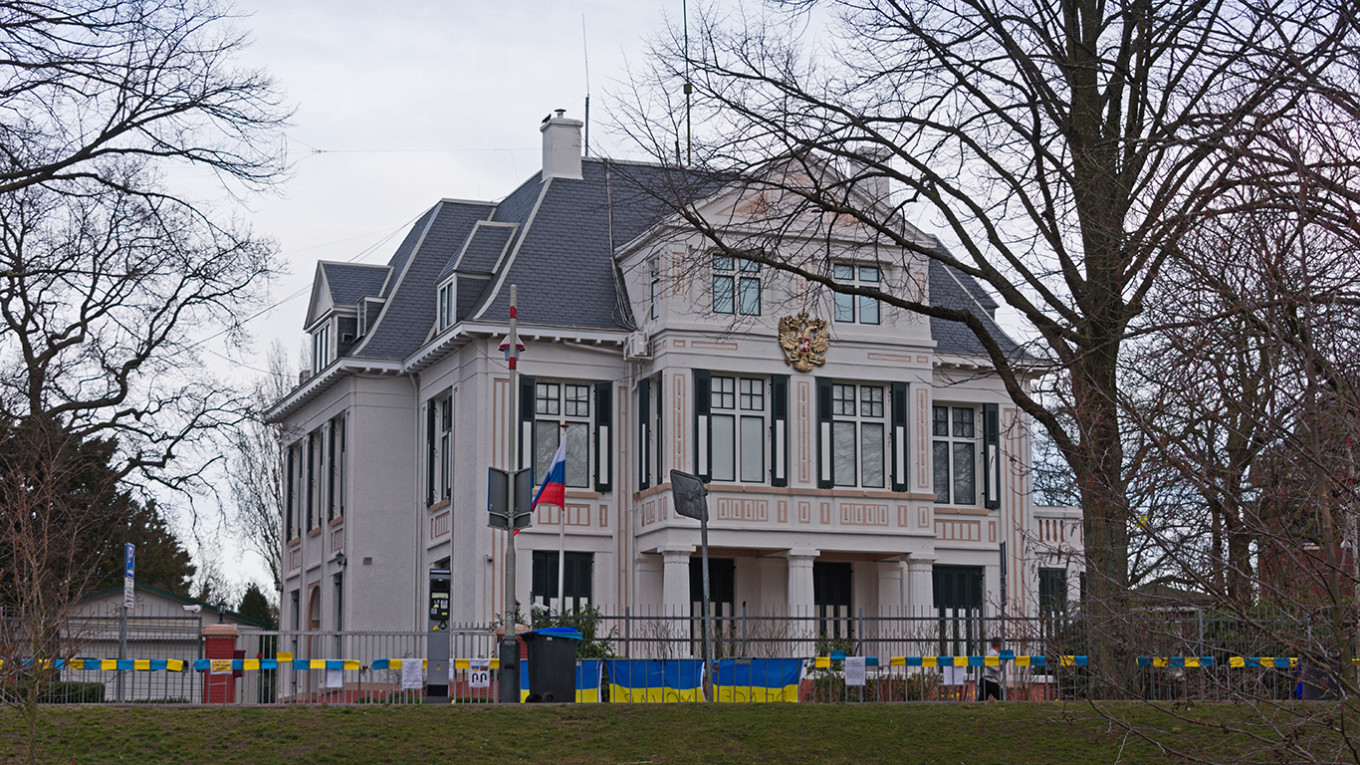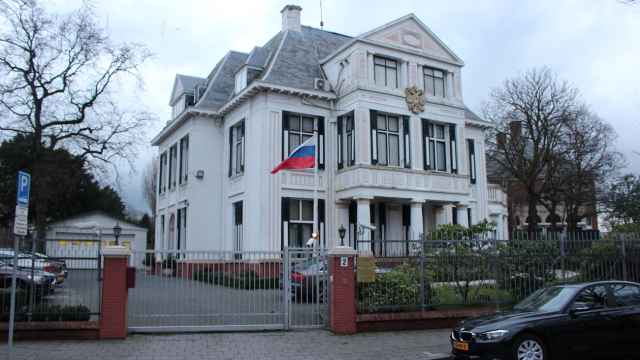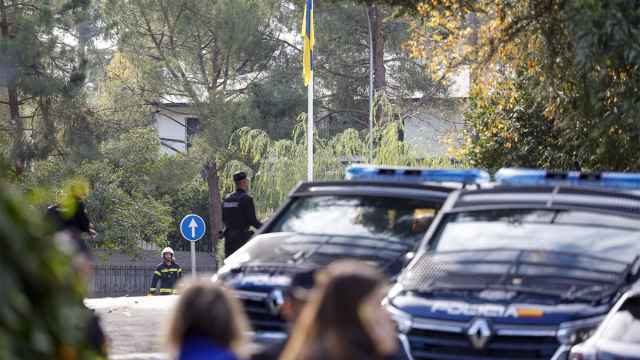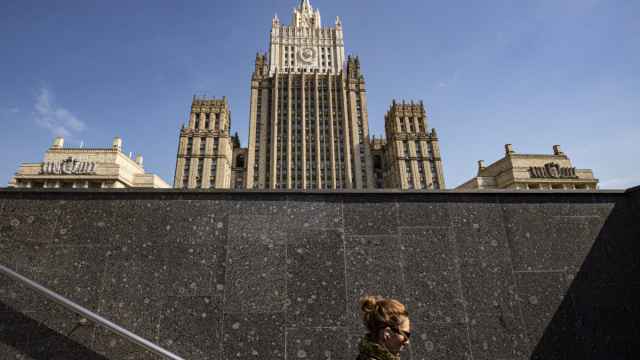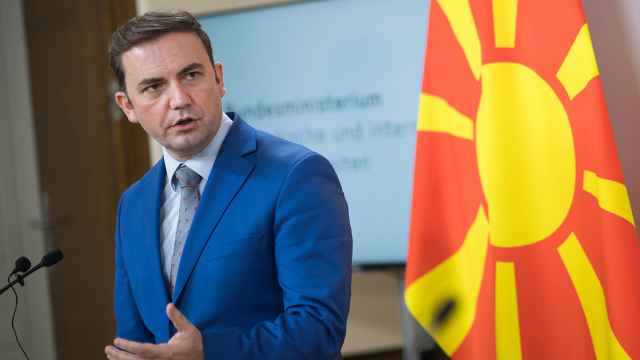EU countries Belgium, the Netherlands, Ireland and the Czech Republic on Tuesday announced the expulsion of dozens of Russian diplomats suspected of spying, in coordinated action taken in the shadow of Moscow's war in Ukraine.
Belgian Foreign Minister Sophie Wilmes said her country was kicking out 21 diplomats from Russia's embassy in Brussels and consulate in Antwerp, giving them two weeks to leave.
She said the move was made in conjunction with the neighboring Netherlands, whose foreign ministry said it was expelling 17 Russian diplomats considered "secretly active" as intelligence officers.
Ireland's Foreign Minister Simon Coveney said four "senior officials" from Russia's embassy in Dublin had been told to leave for engaging in activities "not... in accordance with international standards of diplomatic behavior" -- code for spying.
And the Czech foreign ministry said that one diplomat in the Russian embassy in Prague had been given 72 hours to leave. A Czech official told AFP the diplomat was Russia's deputy ambassador.
"Together with our Allies, we are reducing the Russian intelligence presence in the EU," the Czech ministry tweeted.
The EU countries were bracing for Russia to retaliate by ordering out some of their own diplomats.
The expulsions announced Tuesday ratcheted up Western blows directed at Russia following its Feb. 24 invasion of Ukraine. Already several rounds of sanctions engineered mainly by the EU and the U.S. have severely sapped Russia's economy.
Russia now considers all EU countries, along with the United States and allies including Japan, Britain and Australia, to be "hostile" countries.
In the wake of Russia's invasion, the United States in early March kicked out 12 Russian diplomats based in New York it deemed to be "intelligence operatives."
Russia retaliated last week by handing the U.S. a list of American diplomats declared "persona non grata."
Poland, an EU country neighboring Ukraine, last week expelled 45 Russian diplomats over alleged espionage, prompting Moscow to accuse Warsaw of embarking on "a dangerous escalation."
In April last year, the Czech Republic expelled dozens of Russian diplomats and Russia retaliated in a tit-for-tat move. Previously, Prague had accused Russian secret services of orchestrating blasts at an ammunition depot in eastern Czech Republic which killed two people in 2014.
Russia was left virtually isolated in the United Nations' General Assembly on March 2 this year when an overwhelming majority of countries -- 141 in total -- voted to adopt a non-binding resolution demanding a halt to Moscow's war in Ukraine.
Just five countries voted against the resolution: Russia, Syria, North Korea, Belarus and Eritrea. Another 35 abstained, including China.
Two days later, on March 4, the UN Human Rights Council voted to trigger an investigation into violations committed in the war in Ukraine. Thirty-two of the council's 47 members voted in favor, with just Russia and Eritrea voting against.
Two weeks ago, Russia announced it was quitting another international rights forum, the Council of Europe -- just before the pan-European body based in Strasbourg said it was kicking Russia out.
A Message from The Moscow Times:
Dear readers,
We are facing unprecedented challenges. Russia's Prosecutor General's Office has designated The Moscow Times as an "undesirable" organization, criminalizing our work and putting our staff at risk of prosecution. This follows our earlier unjust labeling as a "foreign agent."
These actions are direct attempts to silence independent journalism in Russia. The authorities claim our work "discredits the decisions of the Russian leadership." We see things differently: we strive to provide accurate, unbiased reporting on Russia.
We, the journalists of The Moscow Times, refuse to be silenced. But to continue our work, we need your help.
Your support, no matter how small, makes a world of difference. If you can, please support us monthly starting from just $2. It's quick to set up, and every contribution makes a significant impact.
By supporting The Moscow Times, you're defending open, independent journalism in the face of repression. Thank you for standing with us.
Remind me later.


